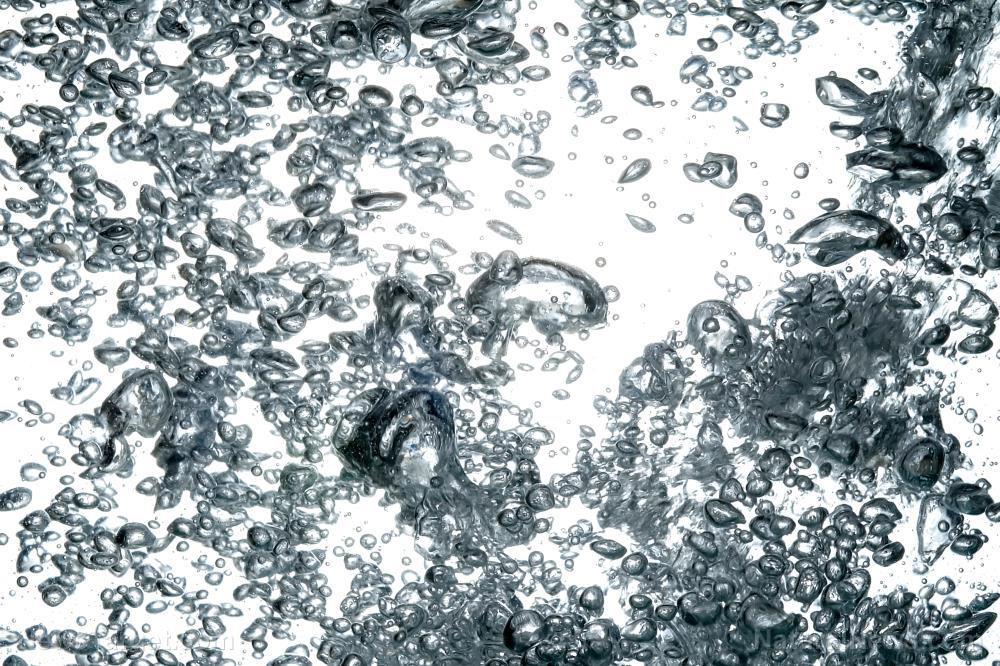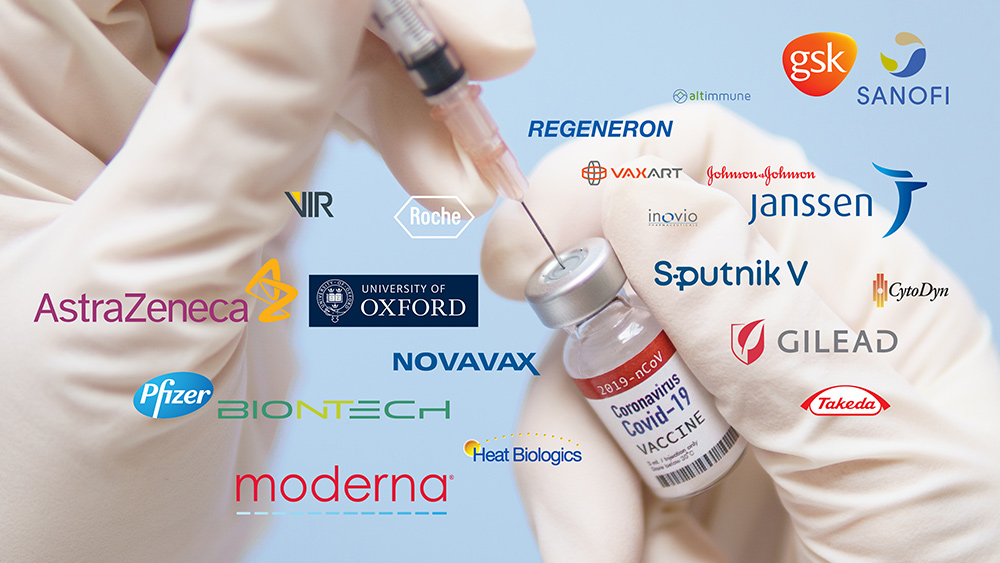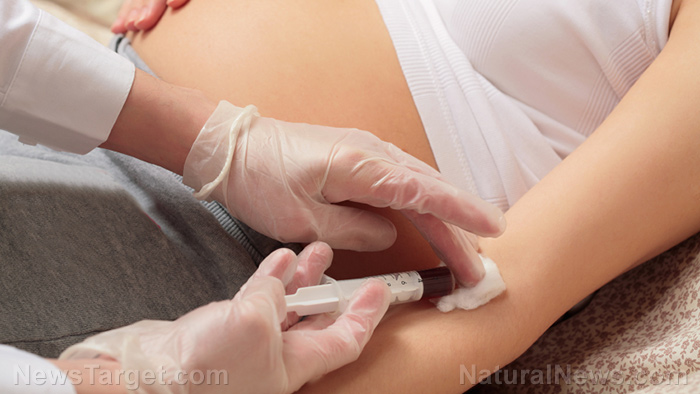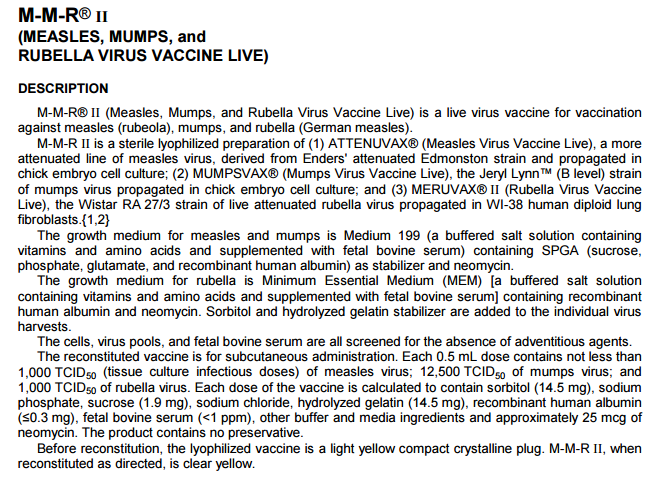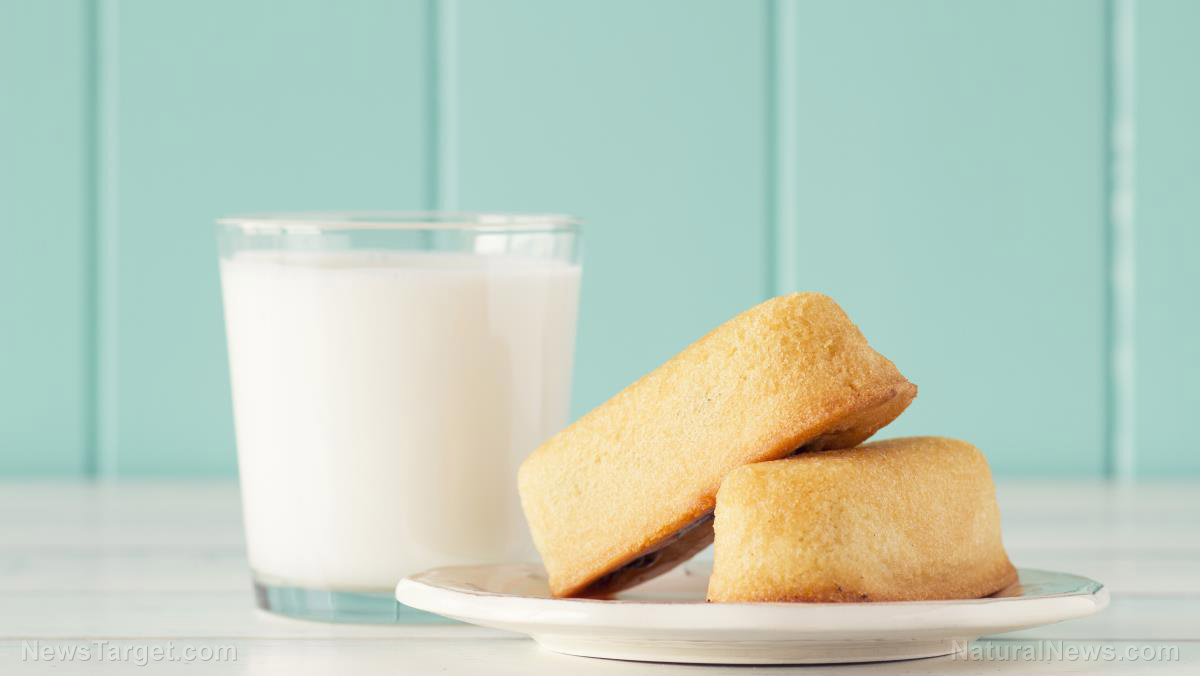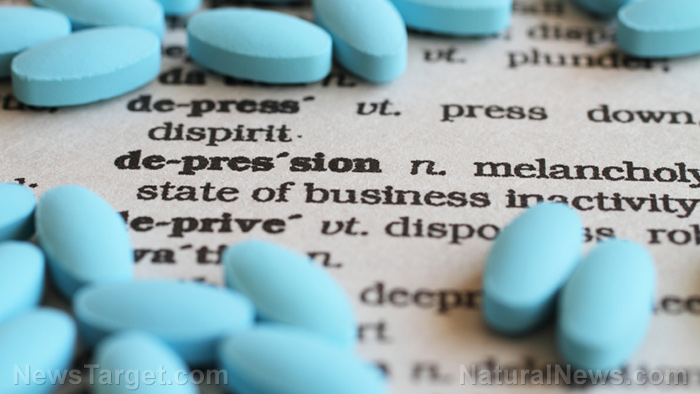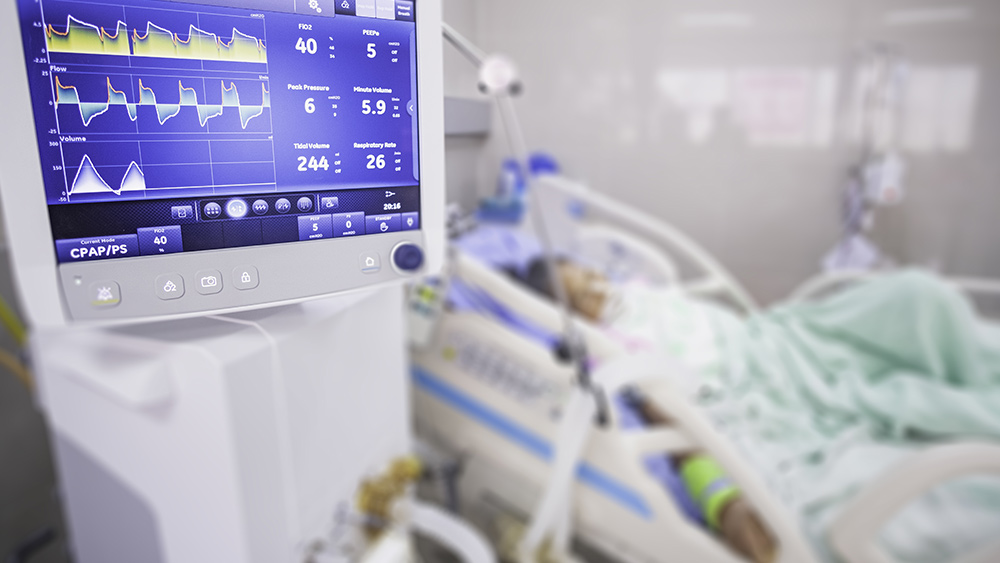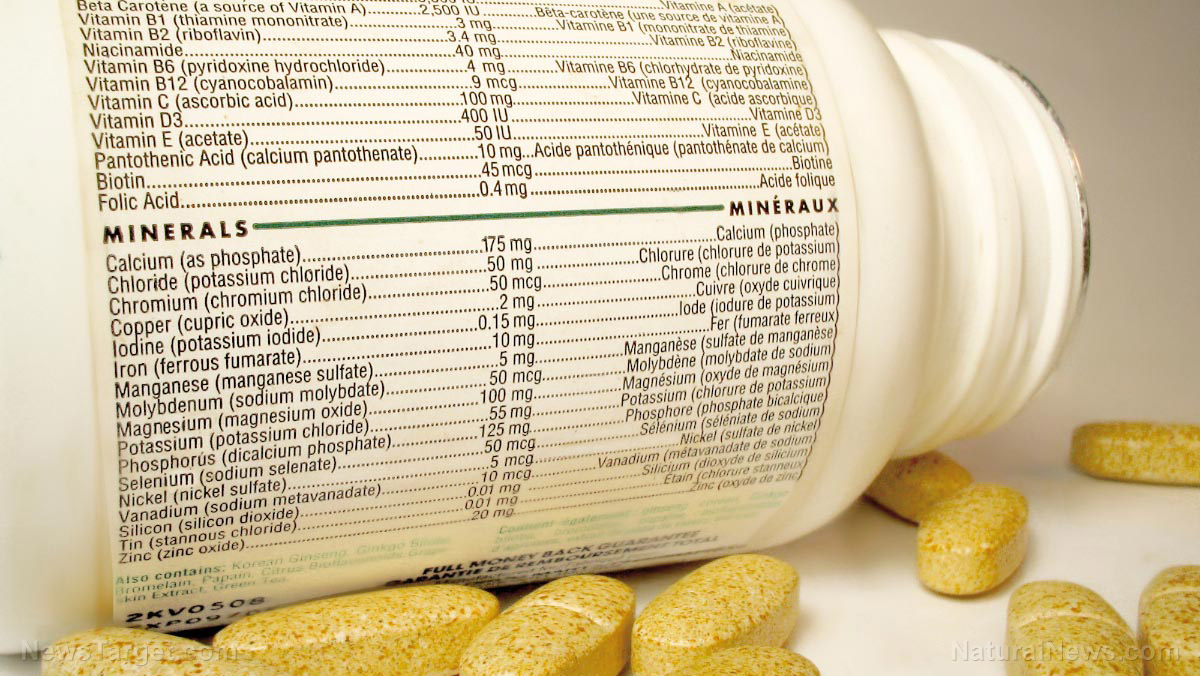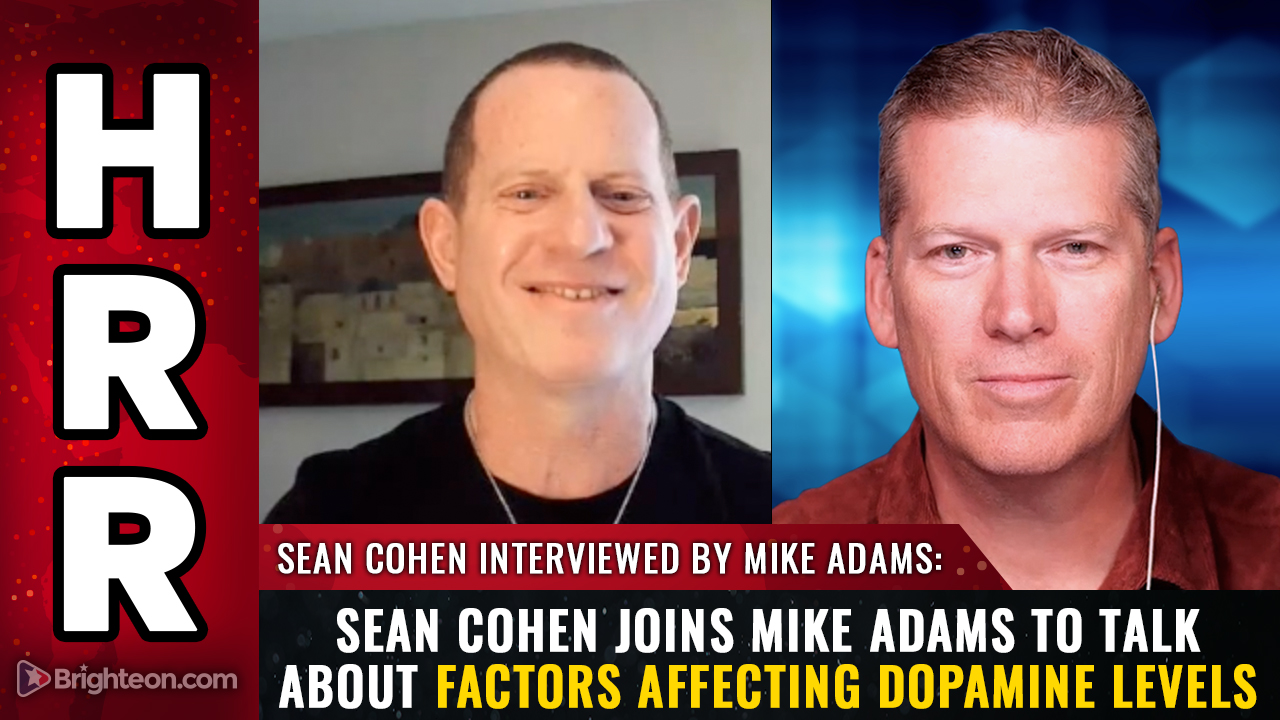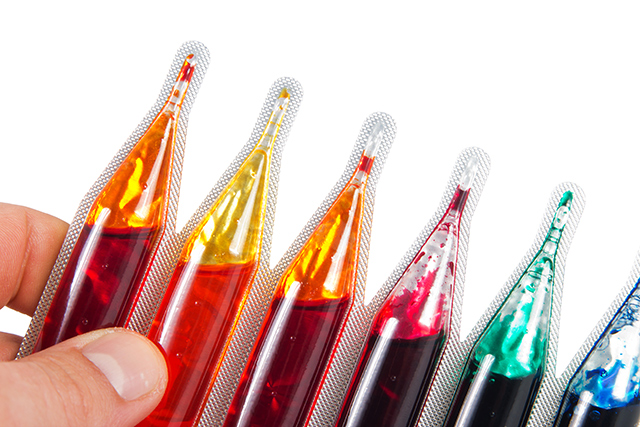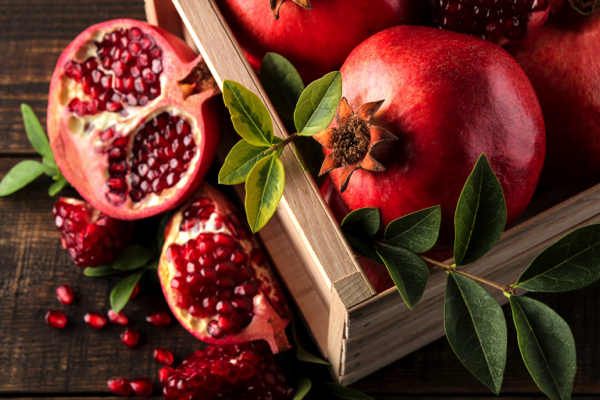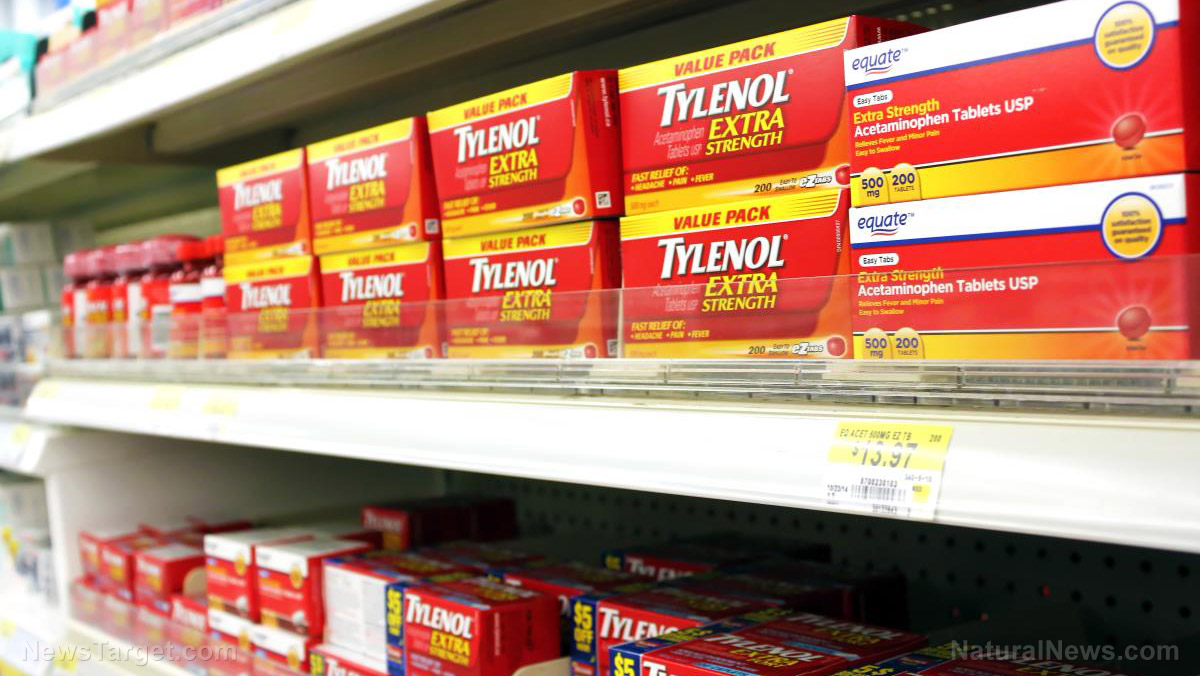Curcumin’s ancient healing power supercharges muscle recovery, and its effects are compounded with anti-inflammatory foods and supplements
04/09/2025 / By Lance D Johnson

In a world obsessed with flashy protein shakes and artificially flavored recovery drinks, science has quietly uncovered what traditional healers have known for millennia: turmeric — nature’s golden healer — holds the key to faster muscle recovery. Researchers are now confirming that curcumin, the active compound in this humble spice, reduces post-workout soreness and inflammation better than many synthetic alternatives, offering athletes and fitness enthusiasts a natural, chemical-free recovery solution.
Key takeaways from groundbreaking research on curcumin and muscle recovery:
- Reduces muscle soreness by up to 53% after high-intensity exercise
- Lowers inflammation by suppressing cytokines linked to post-workout damage
- Speeds recovery time, allowing for more consistent training
- Boosts antioxidant activity, protecting muscles from oxidative stress
- Outperforms commercial supplements with zero artificial fillers
How curcumin accelerates post-workout healing
A recent study in the Journal of the International Society of Sports Nutrition analyzed curcumin’s impact on delayed-onset muscle soreness (DOMS) — the deep ache that sets in 24-48 hours after intense training. Researchers found that participants who took curcumin experienced significantly less pain and regained strength faster than those relying on standard recovery methods.
Dr. James Carter, a sports nutrition researcher, explained: “Curcumin works on multiple levels — it blocks inflammatory signals, neutralizes free radicals, and even enhances cellular repair. It’s like hitting the reset button on muscle damage.”
Practical ways to harness curcumin’s recovery power
Wondering how to make turmeric work for you? Here’s what the evidence suggests:
- Take 500–1,200 mg of curcumin daily (with black pepper for absorption).
- Golden milk: Mix turmeric with coconut milk, ginger, and raw honey post-workout.
- Turmeric-infused protein shakes (add a pinch with cinnamon for added benefits).
- Opt for liposomal curcumin for better bioavailability.
While curcumin stands out, several other natural compounds support muscle recovery:
MSM (Methylsulfonylmethane)
MSM is an organic sulfur compound that promotes collagen production, reducing joint and muscle stiffness. It enhances recovery in endurance athletes by improving cellular oxygenation, allowing muscles to repair more efficiently. Research indicates that MSM supplementation can also reduce oxidative stress markers post-exercise, improving overall physical performance (Kalman et al., 2012).
NAC (N-Acetylcysteine)
NAC is a powerful precursor to glutathione, the body’s master antioxidant, helping neutralize exercise-induced oxidative stress. Studies show that NAC supplementation can delay muscle fatigue by up to 30%, allowing for longer endurance sessions. Additionally, it supports faster muscle repair by reducing inflammation linked to strenuous training (Medved et al., 2004).
Tart Cherry Juice
Rich in anthocyanins, tart cherry juice has strong anti-inflammatory properties that reduce delayed-onset muscle soreness (DOMS) and improve recovery times. Research demonstrates that athletes consuming tart cherry juice regain strength 20% faster than those who don’t. Its high antioxidant content also helps shield muscles from oxidative damage (Howatson et al., 2010).
Omega-3 Fatty Acids
Omega-3s from fish oil modulate inflammatory pathways, reducing muscle soreness and enhancing protein synthesis after workouts. Studies indicate that supplementation lowers muscle breakdown markers and improves recovery in resistance-trained athletes. They also support joint health, reducing stiffness caused by intense training (Tartibian et al., 2009).
Boswellia serrata
This Ayurvedic herb inhibits key inflammatory enzymes, making it beneficial for athletes dealing with joint and muscle stiffness. Research shows that Boswellia extract reduces pain and swelling while improving mobility in endurance athletes. Its anti-inflammatory effects also help accelerate overall recovery after high-intensity exercise (Sengupta et al., 2008).
These compounds offer natural, evidence-based solutions for improving muscle recovery, reducing inflammation, and enhancing athletic performance. For centuries, healers prescribed turmeric for wounds, inflammation, and fatigue. Now, modern science confirms its power to heal exercise-induced muscle damage safely and effectively — without the hidden toxins in processed recovery drinks. Try combining curcumin with supplements like MSM, NAC and omega-3 fatty acids or tart cherry juice and boswellia for enhanced performance.
Sources include:
Submit a correction >>
Tagged Under:
alternative medicine, anti-inflammatory, antioxidants, Athletes, Boswellia, curcumin, DOMS, endurance training, inflammation, msm, muscle recovery, NAC, natural healing, natural remedies, omega 3, phytonutrients, post-workout, research, sports nutrition, tart cherry, turmeric, workout recovery
This article may contain statements that reflect the opinion of the author

